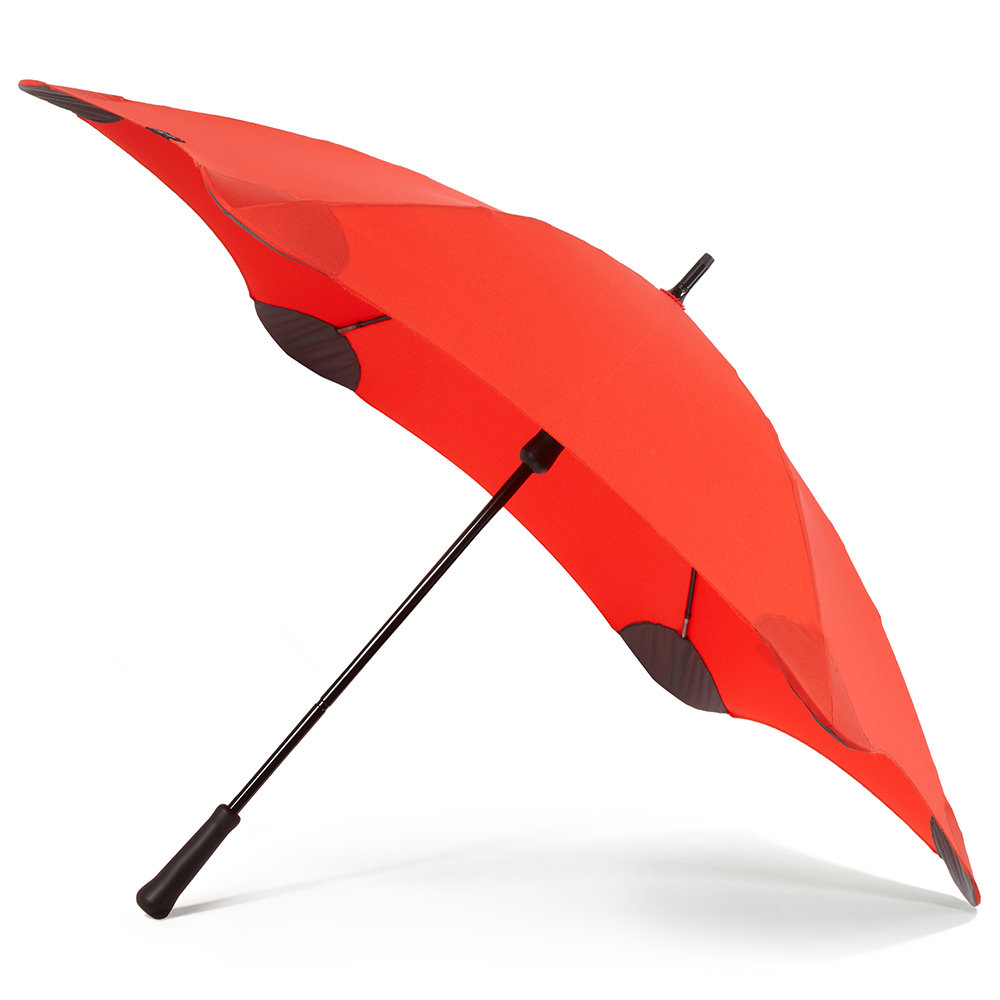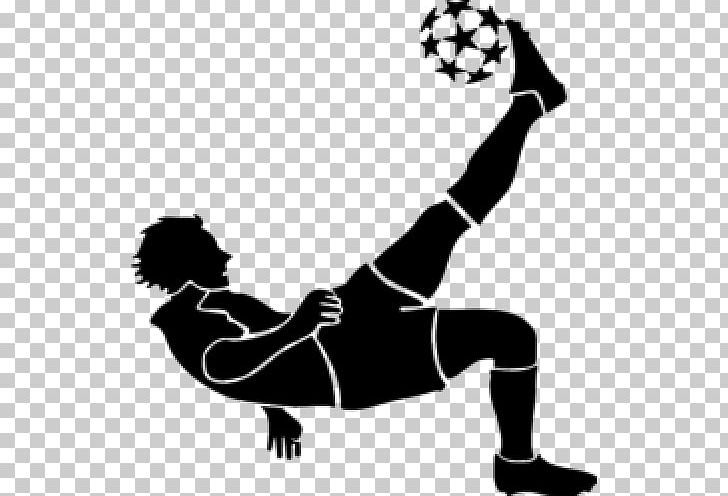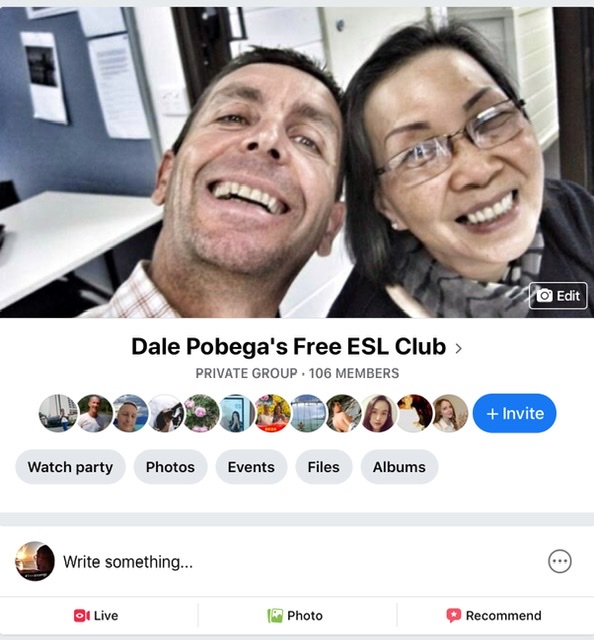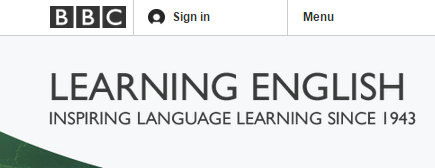VU22601 : Vehicle Accident (Elllo.org)
Mixer 78 Have you ever been in a traffic accident? from elllo on Vimeo.
We listened to Lindsey, Paul and Matthew in class.
Here is the full lesson - listen to the experiences of Helen, Amir and Shalini
***
Grammar - 2nd Conditional
If I had ...
Exercise 3 Download and complete the worksheet I have made for this video
Read the transcript for this video
Here's a song ...
VU22601 / VU22603 : Buying a Car
That same young lady is in trouble again ...
She buys a car for $8500 but she forgets about the interest payments
If you were not in class for this lesson download it here (pdf)
Here is the transcript to the video
Parts of a car
Exercise 4 Can you label the diagram?
Using the passive voice to describe a problem with your car
1. The _____________ is damaged
2. The _____________ is cracked
3. The tyre is ________________
4. The paintwork is scratched
Can you think of any others
Mixer 78 Have you ever been in a traffic accident? from elllo on Vimeo.
We listened to Lindsey, Paul and Matthew in class.
Here is the full lesson - listen to the experiences of Helen, Amir and Shalini
***
Grammar - 2nd Conditional
If I had ...
Exercise 3 Download and complete the worksheet I have made for this video
Read the transcript for this video
Here's a song ...
VU22601 / VU22603 : Buying a Car
That same young lady is in trouble again ...
She buys a car for $8500 but she forgets about the interest payments
If you were not in class for this lesson download it here (pdf)
Here is the transcript to the video
Parts of a car
Exercise 4 Can you label the diagram?
Using the passive voice to describe a problem with your car
1. The _____________ is damaged
2. The _____________ is cracked
3. The tyre is ________________
4. The paintwork is scratched
Can you think of any others



























